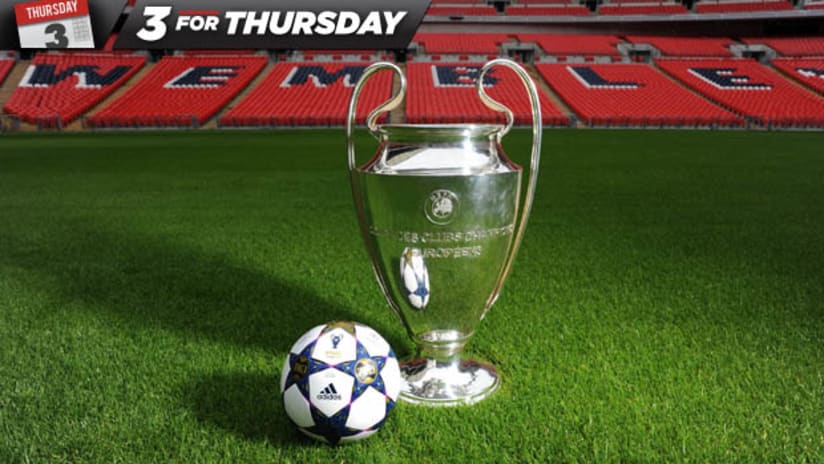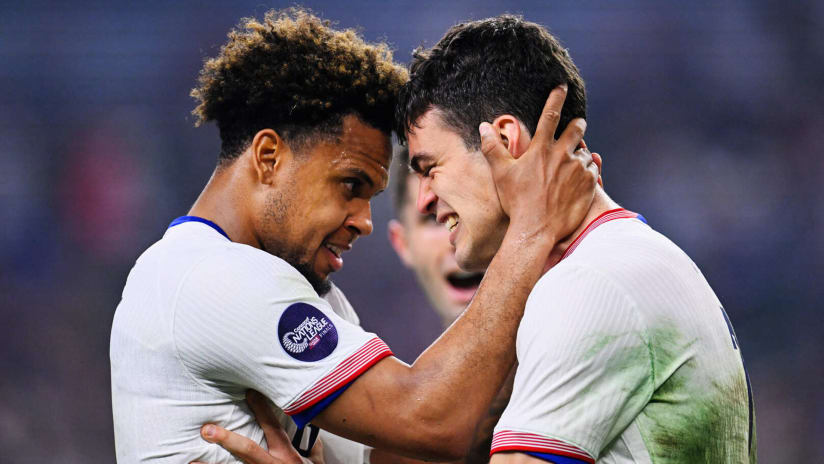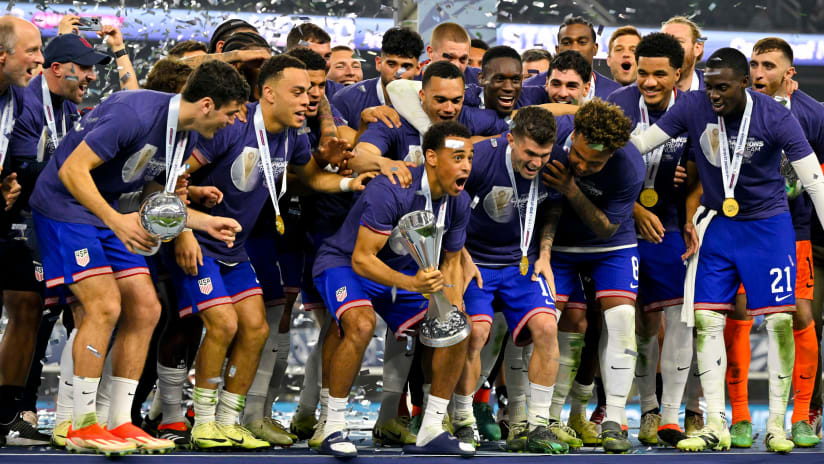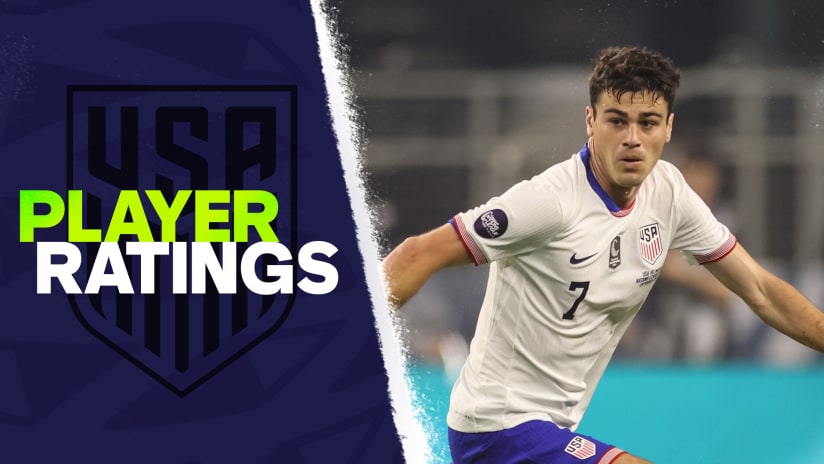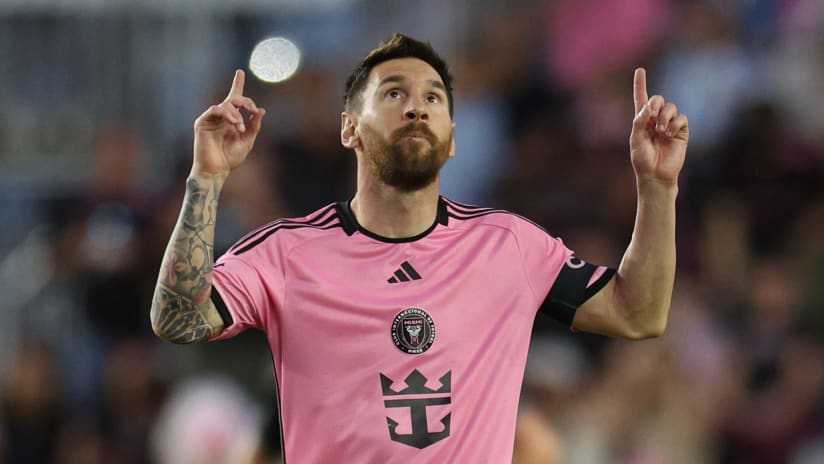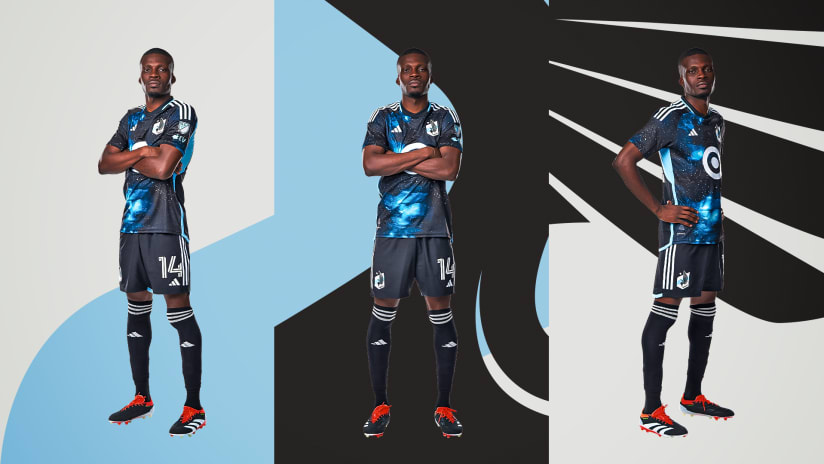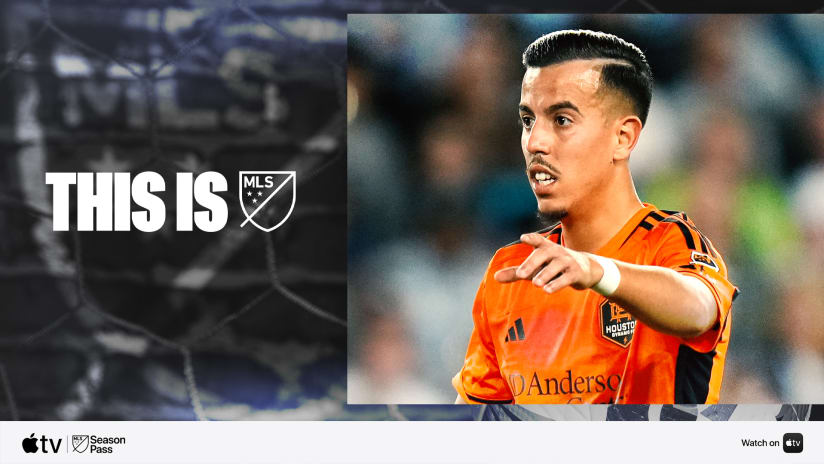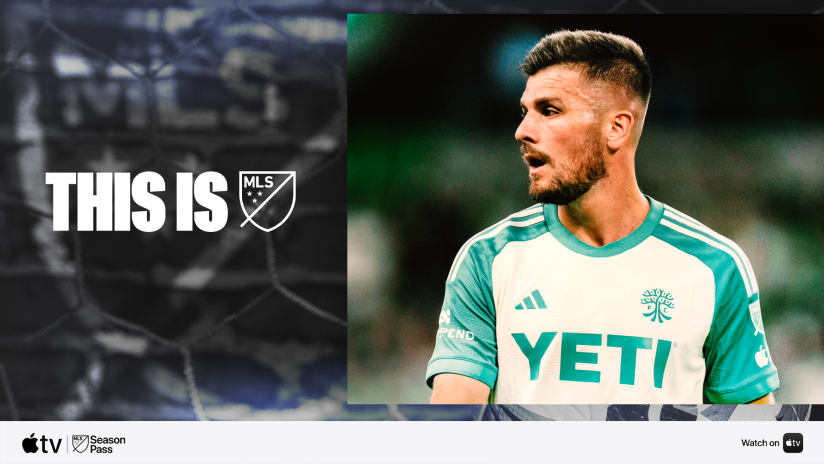For all his tangible influences on the US men’s national team, head coach Jurgen Klinsmann has often pushed his goals and ambitions for his players in abstract ways, from his desire for more “nastiness” to his desire for players to keep pushing themselves to "higher challenges," as Michael Bradley recently explained.
That latter is a particularly intriguing one for US soccer fans, who take a keen interest in the trials and tribulations of Americans playing abroad. And while American influence on the soccer world is certainly growing, a quick study of some of the world’s top club competitions shows there is still room to grow and plenty of new challenges for US players to face. Here are the three biggest:
UEFA Champions League
The big one. There have been a few fleeting jaunts to the later stages, and Jovan Kirovski even picked up a winners medal with Borussia Dortmund (albeit with minimal participation in the tournament, and none in the knockout rounds), but a contributing role in a run to Europe’s top club title has remained an elusive one for American players.
There have been some close calls, including what is somehow one of the most underrated continental campaigns by an American in DaMarcus Beasley and PSV’s run to the 2004-05 Champions League semifinals, where they fell to Milan only on away goals.
READ: Michael Bradley embodies Klinsmann's call for a new challenge
Jermaine Jones and Schalke have seen the knockout stages in 2007-08, 2010-11 (though Jones was on loan at Blackburn at the time) and again this year, where they stand a chance of reaching the quarterfinals next week. Klinsmann’s seemingly unflinching faith in Jones seems to make just a bit more sense now, doesn’t it?
Put simply, the Champions League is the final frontier for Americans in Europe. Some have participated, and more are likely to participate the coming years, but few, if any, have reached the level of success that defines the very highest echelon of success in world soccer. That is one of the key differences between the US national team and many of those it aspires to compete with on the world stage.
Copa Libertadores
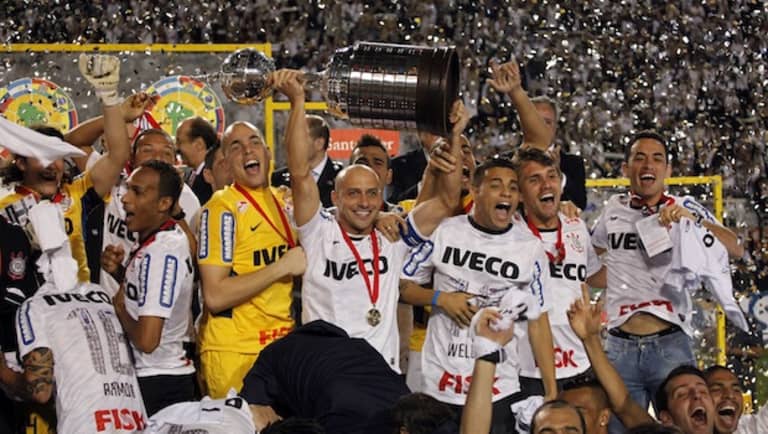
The UEFA Champions League is unquestionably the highest level of club soccer played in the world, yet in other ways it cannot hold a candle to the Copa Libertadores in terms of the kinds of experience it offers.
The standard of play may not be as high as the Libertadores’ European equivalent (though Corinthians, Internacional and São Paulo, who’ve topped European teams in three of the past eight Club World Cup finals, may beg to differ), but the experience it offers is unique to any other competition in the world.
READ: Joe Corona stars as Tijuana top Corinthians 1-0, stay perfect in Copa Libertadores
Huge travel distances, intensely hostile crowds, uneven playing surfaces, unbridled passion and teams willing to use every trick in the book to win? If that doesn’t sound like a perfect warm-up for CONCACAF World Cup qualifying, then I don’t know what is.
Believe it or not, an American has actually won the Copa Libertadores while playing an important role, with Manhattan-born Argentine-American midfielder Renato Corsi raising the trophy with Argentinos Juniors in 1985, but American presence in the tournament has been scarce. Tijuana are rewriting the story, though, with three American players having already featured for the border team as their 2013 campaign gets off to a perfect start. They’ve won the Liga MX and defeated the reigning Colombian and Libertadores champions, well-earned victories that have propelled Tijuana and their American contingent into rarified heights.
Europe’s Top Five Leagues (England, Spain, Germany, Italy, France)
This may seem somewhat counterintuitive – after all, US players have played in and found success in all five of these leagues. How then, can Americans reach a higher level?
By winning it all.
No American player in the modern era has ever claimed a title in one of these leagues – not even Tim Howard in his mixed spell with Manchester United (though his FA Cup and League Cup winner’s medals are nothing to scoff at). Yes, Americans have been integral parts of title-winning squads in Belgium, Netherlands, Scotland and Denmark, but those leagues don't offer anywhere near the same exposure and consistent, high-level play as Europe’s top-tier leagues.
Much like the Champions League, the difference in the level of the players on the US national team and those on the national teams it strives to compete with becomes all that more clear when you look at some of the title-winning rosters of big-five clubs over the years.

